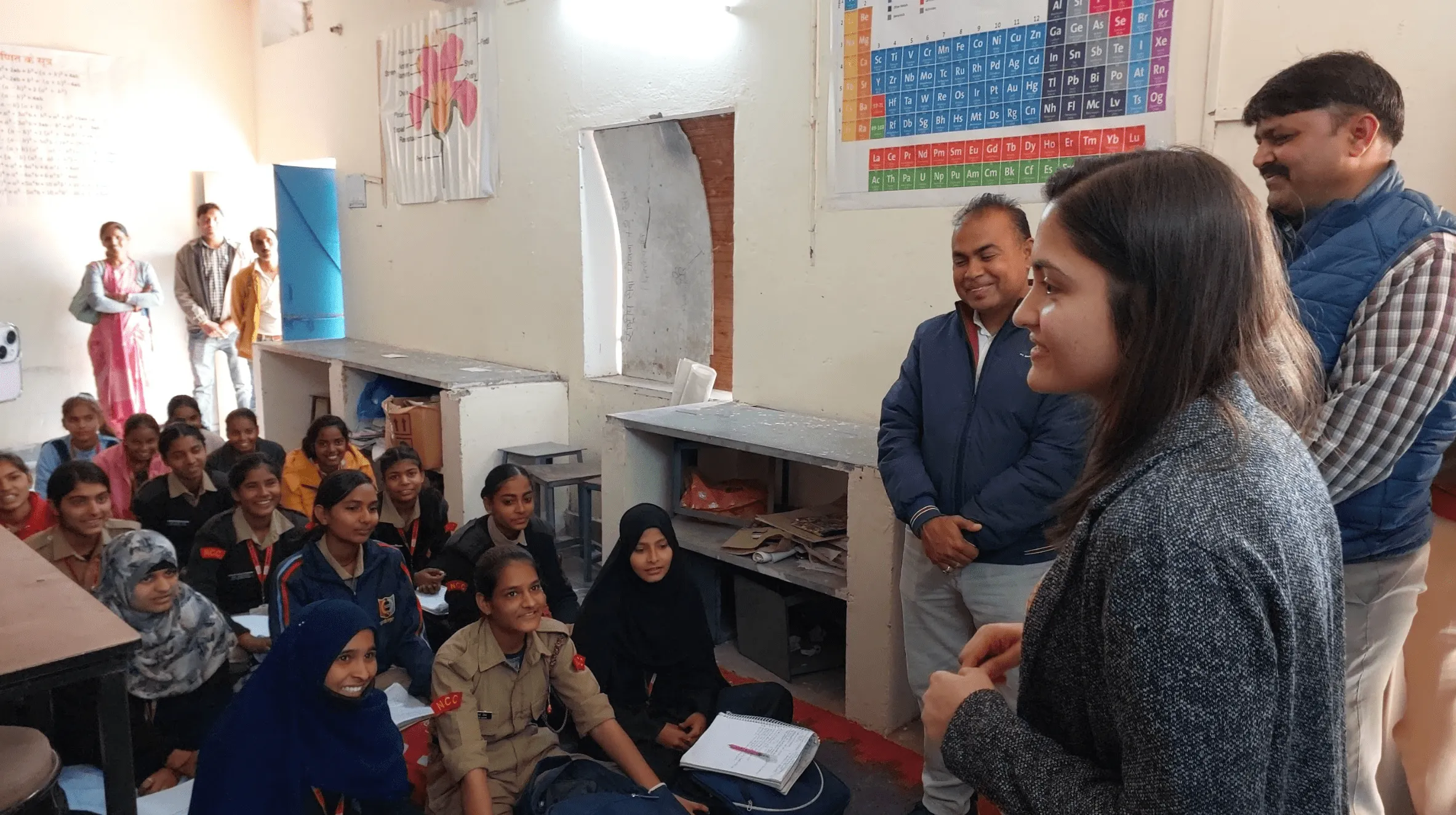In what appears to be an increasingly dangerous world, all of us want to feel safe. That fear of the outside has given successive Australian governments the political space to pass an extraordinary suite of laws that together create a culture of surveillance and secrecy that now runs through every level of administration, whether federal, state or local.

As a foreign correspondent, I’ve worked in a whole host of regimes – none as reflexively secretive as Australia seems to be.Credit: Marija
As a foreign correspondent, I’ve worked in a whole host of regimes – some pretty horrible authoritarian ones – and I was wrongfully imprisoned in Egypt for 400 days. I’ve also worked in countries that we’d consider to be open liberal democracies. And I haven’t come across anywhere as reflexively secretive as Australia seems to be.
September 11, of course, was the moment everything changed. Before 9/11, Australia had just one statute on all of its books that actually mentioned terrorism and that was in the Northern Territory. But after 9/11, we became world champions of national security legislation. To date, we have close to 100 separate national security laws, more than any other country on Earth.
As far back as 2011, legal academic George Williams said these powers and sanctions, once thought to lie outside the rules of a liberal democracy except during wartime, had become a permanent part of the Australian legal system.
Let’s have a look at a few of them. One of the most terrifying is the data-retention legislation introduced by then attorney-general George Brandis in 2015. It compels telecommunications companies to hold on to the metadata of every Australian for at least two years and gives the government extraordinary powers to investigate it, without a warrant.
Metadata isn’t the content of communications, it’s the detail of who you communicate with, whether by email, or text, or phone call, where you were and at what time of day, how long the call took. Cross-referencing all of that information, you can create an extraordinarily detailed picture about the activities of an individual.
Brandis sold it to us as an essential tool to deal with serious organised crime, people smuggling, drug trafficking, that sort of thing. A few years later, there was an inquiry into the legislation which examined its impact. An organisation called the Australian Telecommunications Alliance, a group of the telcos, counted the number of requests that they got for metadata. How much would you say is a lot of requests in one 12-month period? They found 350,000 requests for metadata in one year. More than 1000 for every working day.
And there were all sorts of outrageous requests. One local council used metadata to try to find the owner of a dog that had done a crap on the footpath.
For journalists’ sources exercising a crucial responsibility to hold the governments to account, it means their messages and communications with reporters are no longer safe. We don’t know how many stories have not been told – it is impossible to quantify the negative – but anecdotal evidence tells us that sources are drying up, newsrooms are cancelling investigations, and our governments are becoming less transparent.
Attorney-General Michelle Rowland recently announced a whole series of proposed changes to the freedom-of-information legislation. The current system is hopelessly inadequate; sometimes it takes literally years for FOI requests to come through and even then they’re often extensively redacted.
But rather than make the system more transparent and efficient, the attorney-general’s proposals would actually move things in the opposite direction. It expands the scope of information that government can refuse to release based on what they call a public interest test. It also expands the scope of information that would be covered by a “cabinet in confidence” exemption. All of this comes from a culture of secrecy, a political culture that privileges security over transparency.
I am not suggesting that we should not have robust legislation to protect national security. I am not a free speech or press freedom absolutist. I believe there is some information that we do need to keep secret so our governments have the capacity to defend us against legitimate threats.
I’ve also been the target of extremism; I’ve seen what terrorism does and I know how dangerous it is. But one of the reasons that our country has been one of the safest, most peaceful and prosperous places on Earth is because we’ve had a robust free press capable of interrogating government and holding it to account. It is not always pretty or especially dignified, but it has worked.
Secrecy is not merely a technical or legal matter. It shapes the kind of society that we are. Now, in this post-9/11 environment, the government has given itself more tools for investigation, surveillance and secrecy. But it’s our job as civil libertarians, as journalists, as lawyers, as ordinary citizens, to insist that these tools be used transparently and with robust checks. Otherwise, the basic freedoms we cherish as fundamental to our society will be reduced, not by dramatic coups, but by the slow accumulation of silence.
Peter Greste is a professor of journalism at Macquarie University.
Most Viewed in National
Disclaimer : This story is auto aggregated by a computer programme and has not been created or edited by DOWNTHENEWS. Publisher: www.smh.com.au








